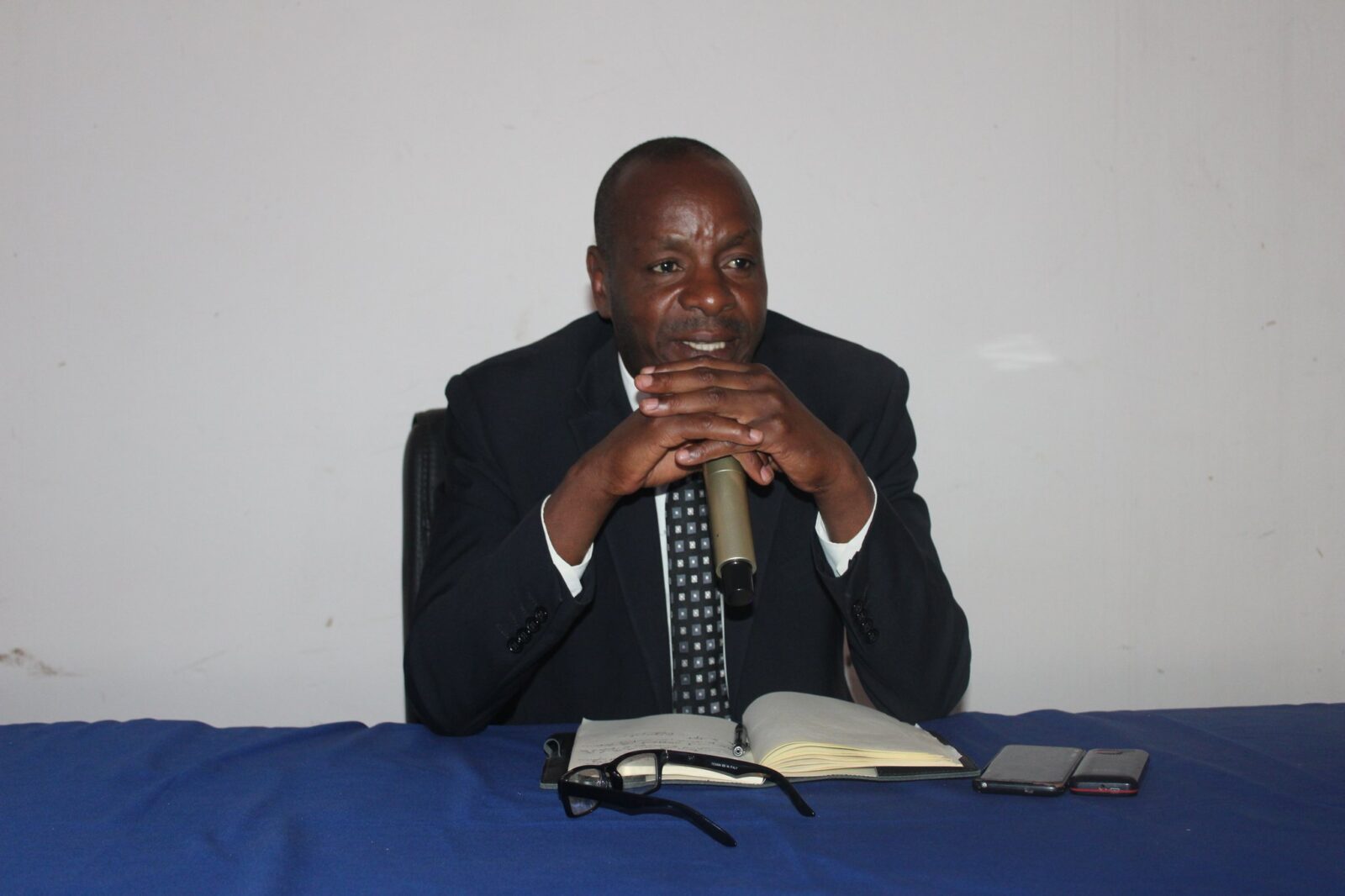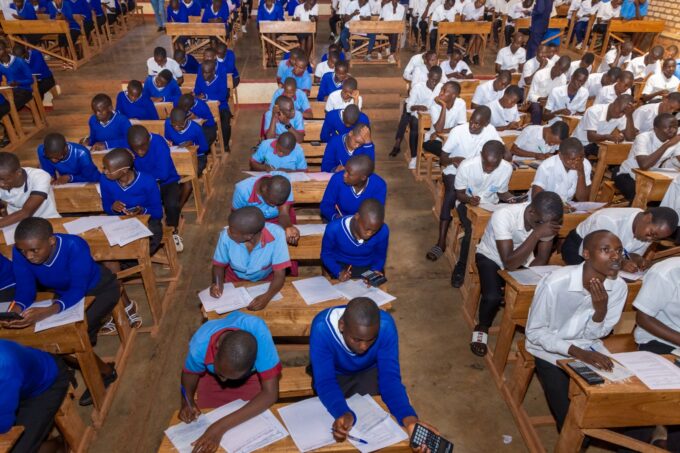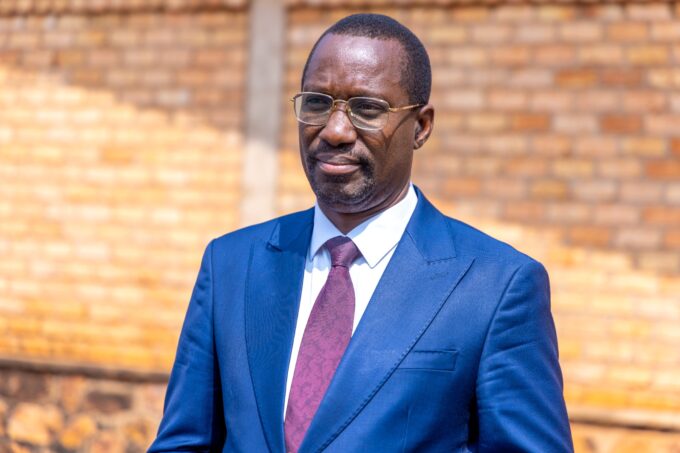The Burundian government has recognized the urgent need to improve working conditions for public sector employees, as growing economic hardship drives many civil servants — particularly teachers — to abandon their posts in search of better opportunities.
Speaking Thursday in Bujumbura at the launch of a workshop organized by the Burundi Teachers’ Union (STEB), Astère Bizindavyi, Inspector General of Labour and Social Security, admitted that the state must step up efforts to address deteriorating workplace conditions and ensure the well-being of its workforce.
“Occupational diseases and workplace accidents are a real problem in many professions, especially in schools,” Bizindavyi said. “The government is working to improve the living and working conditions of teachers and other employees, but it remains a daily challenge, as many of our infrastructures are aging and the natural environment is changing.”
Bizindavyi emphasized that Burundi already has a national legal framework on occupational health and safety but called for stronger collaboration among institutions to prevent risks “at the source.”
He cited dangers such as exposure to dust, strong winds, gas emissions, excessive noise, and flooding — conditions that continue to affect schools across the country.
Teachers Leaving in Growing Numbers
The government official’s statement comes amid reports that an alarming number of teachers have resigned from public schools nationwide, citing low salaries, poor working conditions, and the soaring cost of living. Many have sought employment abroad or turned to informal trade to make ends meet
Teaching unions have recently warned that the situation has reached a critical point, undermining both teacher morale and the quality of education in Burundi. Without immediate action to ease the financial and psychological burden on educators, they say, the country risks a mass exodus of qualified teachers, further weakening an already fragile education system plagued by overcrowded classrooms and inadequate resources.
While inflation continues to erode household purchasing power, public sector salaries have remained largely unchanged.
A primary school teacher in Burundi typically earns less than USD 200 per month, barely enough to cover basic needs such as food, rent, and transportation.
The soaring prices of essential goods — from food to fuel — have deepened frustration among civil servants, many of whom say they feel abandoned by the state.
Impact on Education
The consequences are visible in classrooms across the country.
Across the country, and especially in rural areas, many schools face severe staff shortages, forcing some teachers to handle far more students than the standard classroom ratio allows
In recent months, the Ministry of Education also reported a sharp rise in school dropouts, as economic hardship pushes families to withdraw their children from school or send them into casual labor.
Education experts warn that the ongoing decline in teacher retention could have long-term consequences for Burundi’s human capital and development.
Despite the challenges, Bizindavyi reaffirmed the government’s commitment to improving public service conditions. He urged all stakeholders — including unions, employers, and development partners — to collaborate on initiatives that promote health, safety, and decent working conditions.
“The government is aware of this problem,” he said. “We must join forces to prevent risks and ensure that schools remain safe, healthy, and attractive spaces for both teachers and students.”








Leave a comment